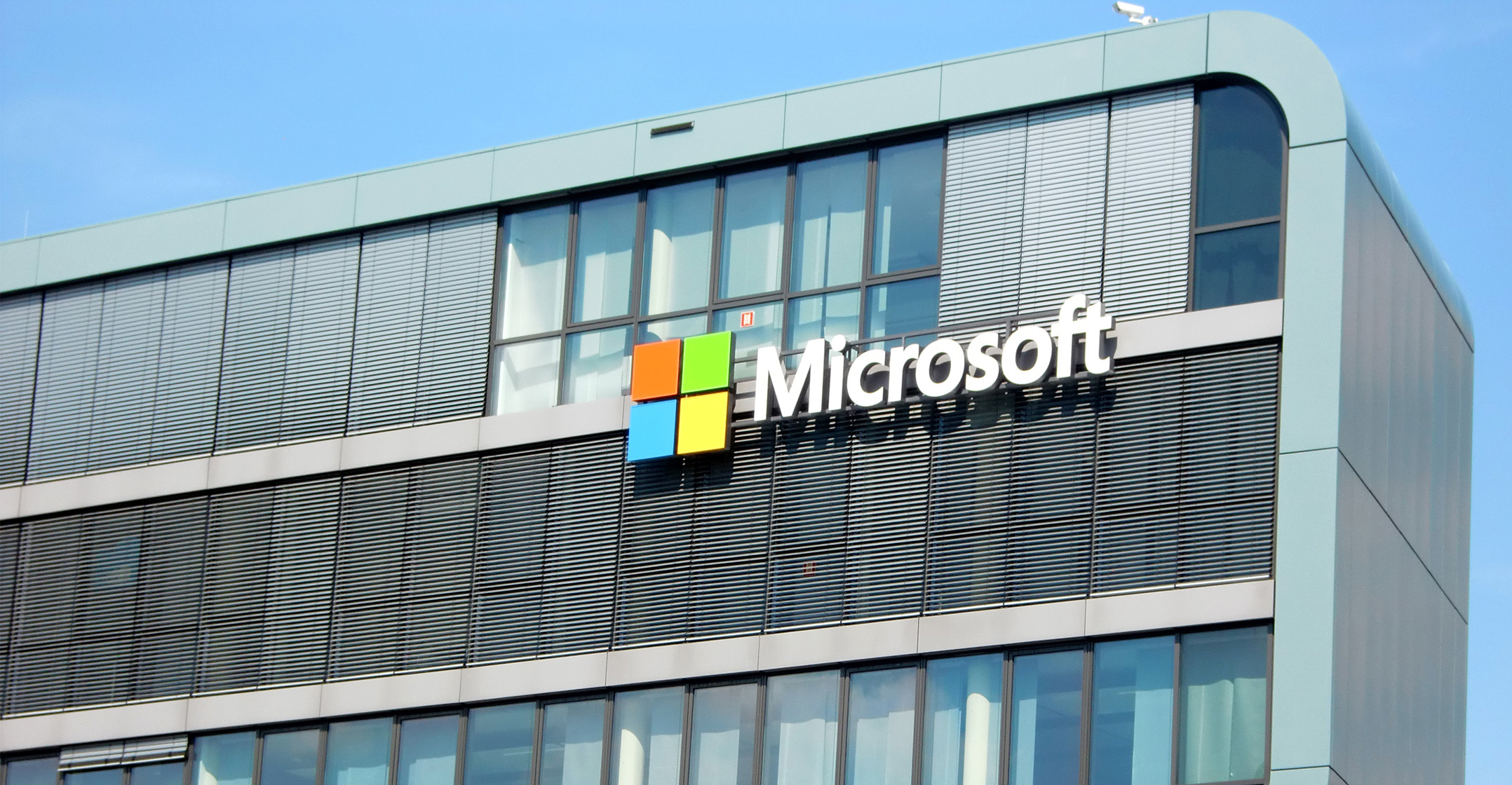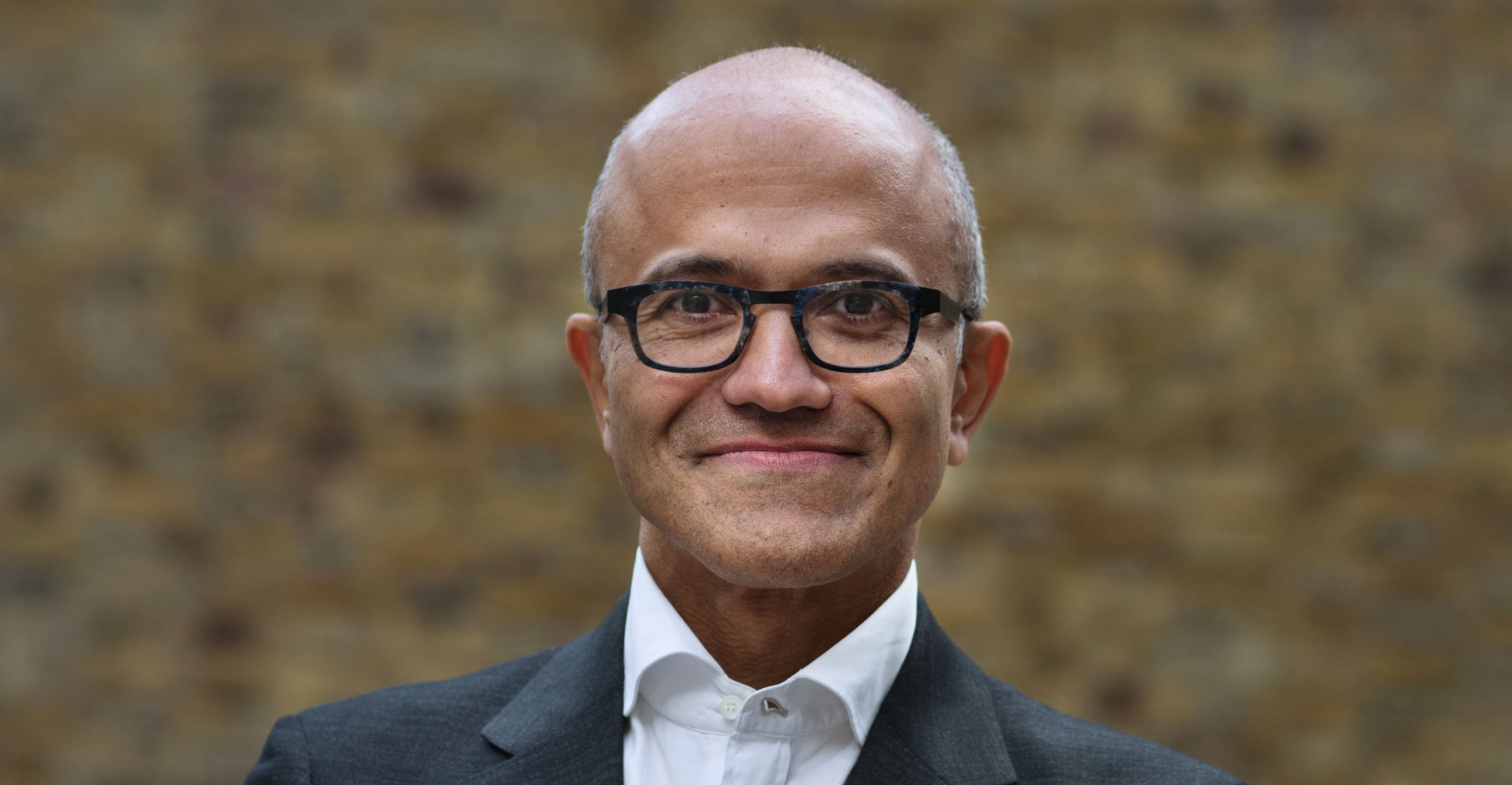
[dropcap]M[/dropcap]icrosoft is setting up a new research lab focused on artificial intelligence with the goal of creating more general-purpose learning systems.
The new lab, called Microsoft Research AI, will be based at the company’s headquarters in Redmond, Washington in the US, and involve more than 100 scientists from across various sub-fields of artificial intelligence research, including perception, learning, reasoning and natural language processing.
The goal, said Eric Horvitz, the director of Microsoft Research Labs, is to combine these disciplines to work toward more general artificial intelligence, meaning a single system that can tackle a wide range of tasks and problems. Such a system, for instance, might be able to both plan the best route to drive through a city and also figure out how to minimise your income tax bill, while also understanding difficult human concepts like sarcasm or gestures.
This differs from so-called narrow AIs, which are just designed to perform a single task well — for instance, recognise faces in digital photographs.
In entering the race to develop more general learning systems, Microsoft will be competing with other AI research companies, such as London-based DeepMind and San Francisco-based Google Brain, both divisions of Alphabet, as well as OpenAI, whose founders include Elon Musk and Peter Thiel, and GoodAI, a small research outfit in the Czech Republic.
“The field has undergone a tremendous amount of centrifugal force over the years,” Horvitz said in an interview, noting how computer vision experts rarely talked to natural language processing experts or vice versa. The goal of the new Microsoft lab, he said, was to bring all these researchers back together and get them talking to one another and working on common goals.
Experts
In addition to its existing researchers, Horvitz said Microsoft plans to hire computer scientists and experts in fields such as cognitive psychology to join the new lab. The new Microsoft lab will also partner with the Centre for Brains, Minds and Machines at the Massachusetts Institute of Technology, Horvitz said.
Microsoft is partnering with many of its new rivals in an effort called the Partnership on AI to Benefit People and Society that is looking at the ethical implications of the development of more powerful and increasingly ubiquitous machine-learning systems.

Horvitz, who was the co-founding chair of the Partnership on AI and will take over as sole chair next year, said that as Microsoft developed more advanced AI capabilities, it was critical that these systems were perceived as both fair and transparent.
To that end, Microsoft also said on Wednesday it was creating a new company-wide advisory panel, consisting of representatives from each of its corporate divisions and also chaired by Horvitz, to provide ethical oversight for the company’s AI efforts. The panel, called AI and Ethics in Engineering and Research, or Aether for short, will report directly to Microsoft CEO Satya Nadella.
The new initiatives on AI research come at a time when AI-enabled products — such as its voice-activated digital assistant Cortana — are becoming more critical to Microsoft. Last week, the company reorganised its sales force to focus more on selling products related to artificial intelligence and cloud computing. — Reported by Jeremy Kahn, (c) 2017 Bloomberg LP

